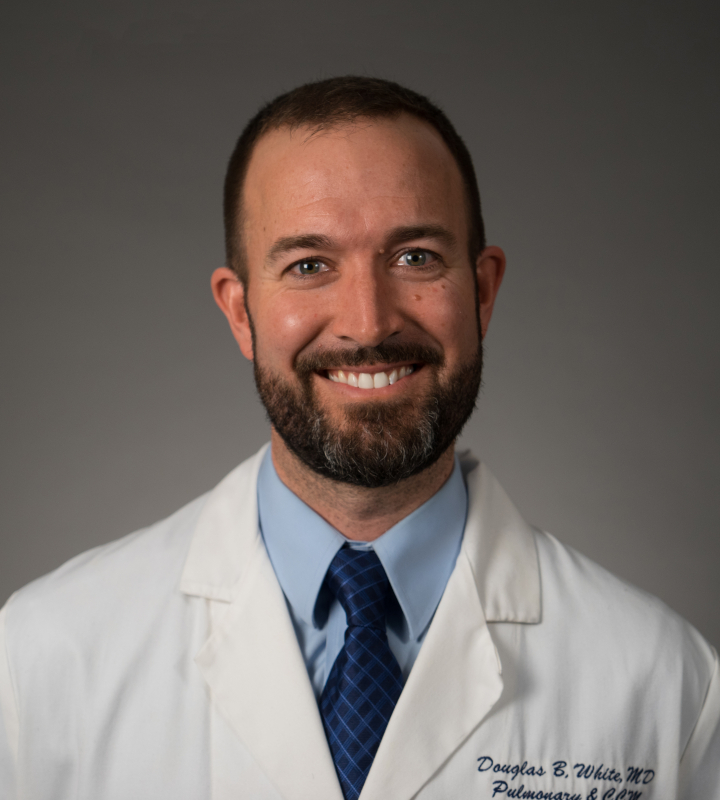Douglas White is Vice Chair and UPMC Endowed Professor of Critical Care Medicine at the University of Pittsburgh School of Medicine. He received his MD from the University of California, San Francisco (UCSF) in 1999 and completed a residency in Internal Medicine and a fellowship in Pulmonary and Critical Care Medicine at UCSF. While at UCSF, he also completed a Master’s degree in Epidemiology and Biostatistics and a fellowship in Bioethics under Bernard Lo. Dr. White directs the University of Pittsburgh Program on Ethics and Decision Making in Critical Illness. His research program encompasses both empirical research on and normative ethical analysis of surrogate decision-making for patients with life-threatening illness. He has several ongoing NIH-funded studies. He has also published widely using both quantitative and qualitative methods to examine the process of surrogate decision making in intensive care units. In conducting this work, Dr. White collaborates with a multi-disciplinary group of investigators, which includes faculty with expertise in bioethics, law, philosophy, sociology, biostatistics, and health services research. His empirical research program has two central aims: 1) to identify factors that adversely affect surrogate decision-making for critically ill patients; and 2) to develop and test interventions to improve surrogate decision-making. His normative work focuses on ethical issues that arise in intensive care units, including the allocation of scarce resources, resolving futility disputes, responding to conscience-based treatment refusals by clinicians, and developing fair processes of decision making for incapacitated patients who lack surrogate decision makers.
For more information, visit: https://www.ccm.pitt.edu/directory/profile/douglas-b-white
